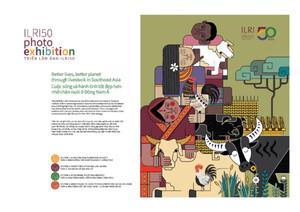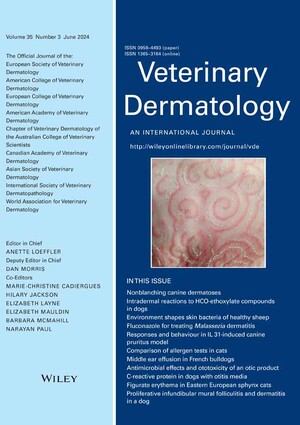
The One Health landscape in sub-Saharan African countries
Abstract
Objectives One Health is transiting from multidisciplinary to transdisciplinary concepts and its viewpoints should move from ‘proxy for zoonoses’, to include other topics (climate change, nutrition and food safety, policy and planning, welfare and well-being, antimicrobial resistance (AMR), vector-borne diseases, toxicosis and pesticides issues) and thematic fields (social sciences, geography and economics). This work was conducted to map the One Health landscape in Africa. Methods An assessment of existing One Health initiatives in Sub-Saharan African (SSA) countries was conducted among selected stakeholders using a multi-method approach. Strengths, weaknesses, opportunities and threats to One Health initiatives were identified, and their influence, interest and impacts were semi-quantitatively evaluated using literature reviews, questionnaire survey and statistical analysis. Results One Health Networks and identified initiatives were spatiotemporally spread across SSA and identified stakeholders were classified into four quadrants. It was observed that imbalance in stakeholders' representations led to hesitation in buying-in into One Health approach by stakeholders who are outside the main networks like stakeholders from the policy, budgeting, geography and sometimes, the environment sectors. Conclusion Inclusion of theory of change, monitoring and evaluation frameworks, and tools for standardized evaluation of One Health policies are needed for a sustained future of One Health and future engagements should be outputs- and outcomes-driven and not activity-driven. National roadmaps for One Health implementation and institutionalization are necessary, and proofs of concepts in One Health should be validated and scaled-up. Dependence on external funding is unsustainable and must be addressed in the medium to long-term. Necessary policy and legal instruments to support One Health nationally and sub-nationally should be implemented taking cognizance of contemporary issues like urbanization, endemic poverty and other emerging issues. The utilization of current technologies and One Health approach in addressing the ongoing pandemic of COVID-19 and other emerging diseases are desirable. Finally, One Health implementation should be anticipatory and preemptive, and not reactive in containing disease outbreaks, especially those from the animal sources or the environment before the risk of spillover to human.
Citation
Fasina, F.O., Fasanmi, O.G., Makonnen, Y.J., Bebay, C., Bett, B. and Roesel, K. 2021. The One Health landscape in sub-Saharan African countries. One Health 13: 100325.










